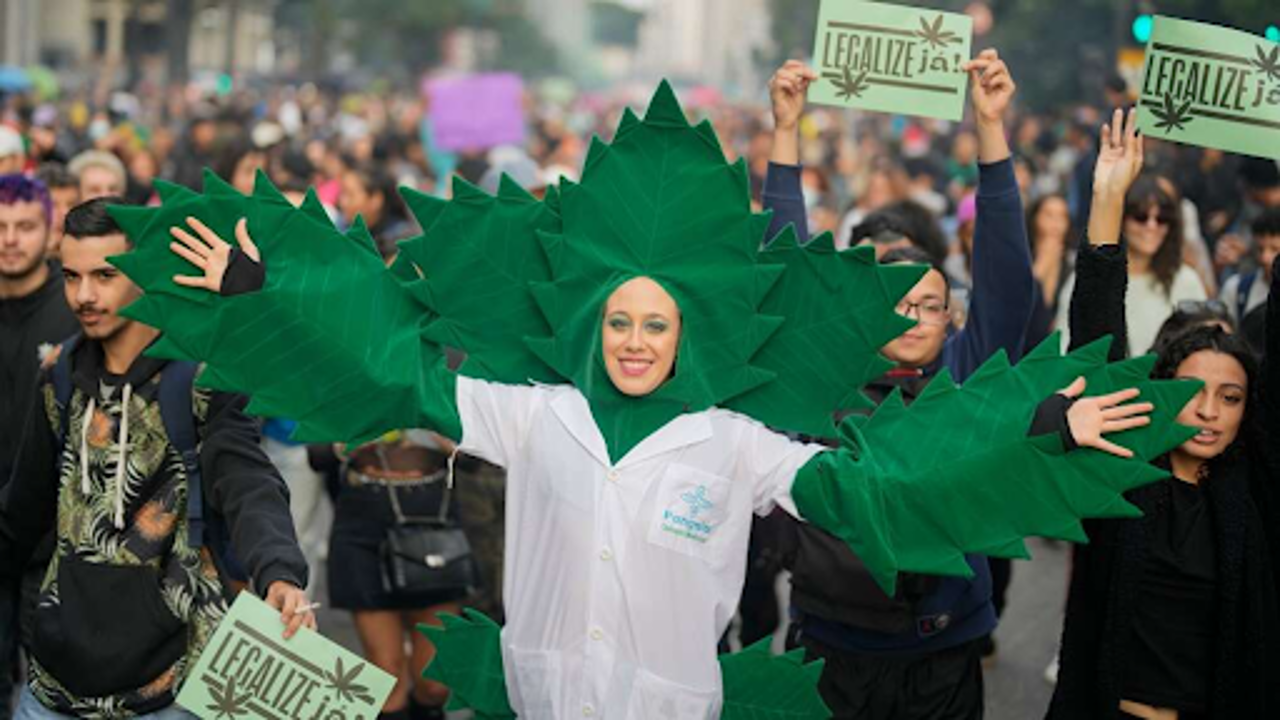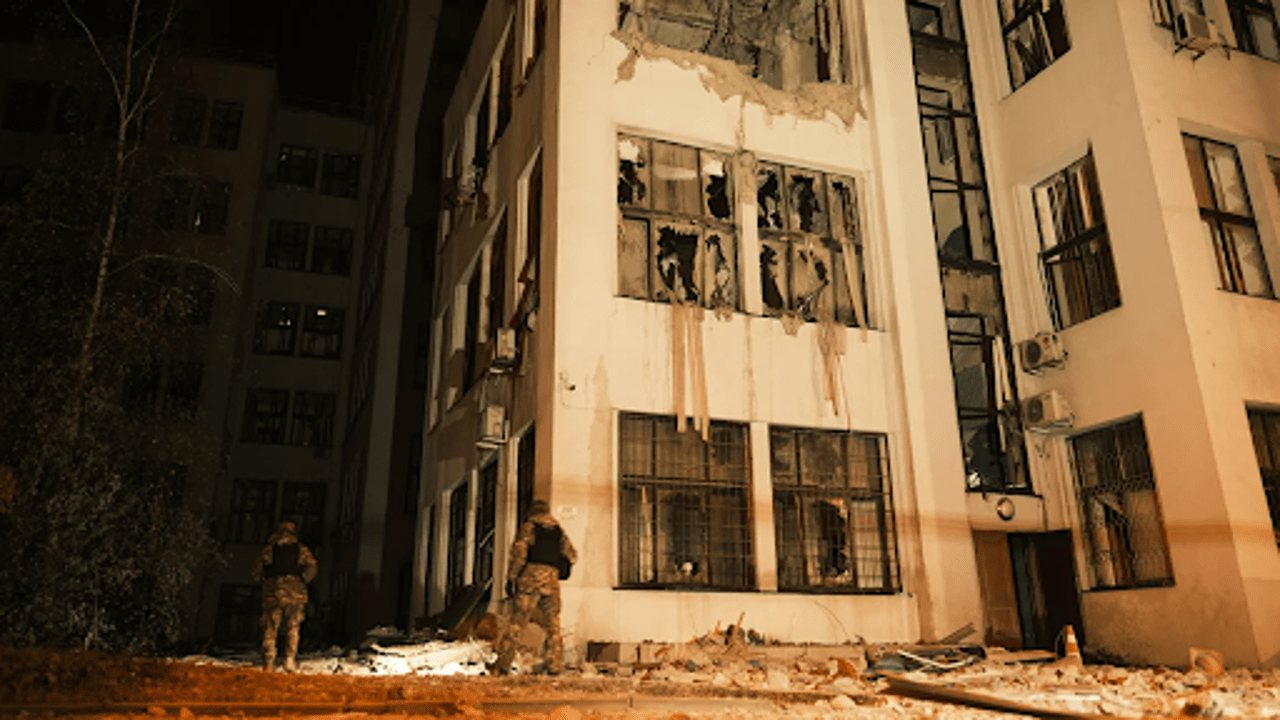
A person dressed as a marijuana plant participates in a march advocating for marijuana legalization in Sao Paulo, Brazil, on Saturday, June 11, 2022.
In a landmark decision, Brazil's Supreme Court has voted to decriminalize the possession of marijuana for personal use, positioning Brazil among the last Latin American nations to take this step. This ruling has been years in the making, with the majority of justices supporting decriminalization since deliberations began back in 2015.
While the decision is a significant move towards reforming Brazil's drug laws, there are still key details to be finalized, such as defining the maximum amount of marijuana considered for personal use and determining when the ruling will take effect. These details are expected to be settled soon, possibly within the next day.
Previously, Brazil's laws imposed penalties, including potential imprisonment, for individuals caught with small quantities of drugs like marijuana. Critics argue that these laws have led to a bloated prison system, disproportionately affecting first-time offenders who possess drugs for personal use rather than trafficking.
The push for decriminalization comes amidst broader legislative efforts, including a proposal in Congress to tighten drug legislation, which could potentially conflict with the Supreme Court's ruling. This legislative back-and-forth reflects the ongoing debate over drug policy reform in Brazil.
Advocates of the court's decision highlight its potential to shift the focus from criminalization to public health, echoing similar movements across Latin America. Uruguay stands out as a pioneering example, having fully legalized marijuana for recreational use several years ago.
Brazil's prison system is currently one of the largest globally, with a significant portion of inmates incarcerated for drug-related offenses. The impact is particularly pronounced among Black Brazilians, who make up a disproportionate number of the prison population.
In response to the ruling, there have been mixed reactions from various sectors of Brazilian society. Some view it as a long-awaited step towards justice reform, while others argue that such decisions should be left to broader public opinion or legislative processes.
Overall, the Supreme Court's decision marks a significant milestone in Brazil's legal landscape, potentially paving the way for future reforms in drug policy and criminal justice.















